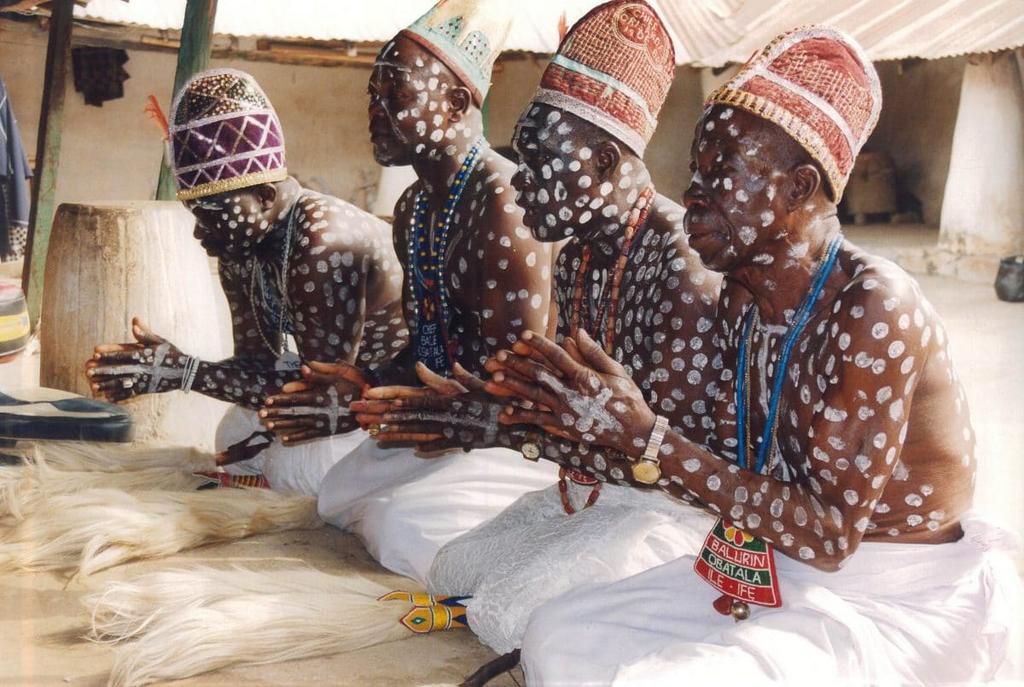Oro Festival: What to expect during this traditional Yoruba event
)
Since westernisation came into Africa, a lot of traditions and a large part of the African culture has been changed or replaced.
However, many have remained, one of which is the festival celebrated in many cultures. The Oro Festival celebrated by Yoruba culture falls into this category. The Oro cult festival takes place once a year in Yoruba land and can last for days and sometimes up to months, depending on the community.
For some communities, Oro is basically a festival dedicated to worship the Orisha Oro and during this Oro ritual, the Oro god is paraded around the community.
Also, members of the Oro cult may offer sacrifices to ancestral spirits or it can be used as a means to control people's movement when there is trouble in the land.
For some other communities, Oro is associated with divination and the foretelling of a child’s destiny. Other times the Oro ritual is performed when a monarch dies and during the induction of the king's advisers.
On the days the Oro is out, tradition demands that an automatic curfew is declared. During this curfew, only male adults are allowed outside while women are banned from coming outside or seeing the Oro. This curfew also affect children.

Women are advised to get all they need from the market and any other place before the festival starts. There is a belief that fatal consequences await a woman seen outside during this curfew.
While in some communities, the Oro Festival begins with what is known as Awodun oro. The second session held 48 hours after this, is called Eta. Eta is followed by Eje and then there is Etadogun.
In some rural villages, the Etadogun is followed by an all-night masquerade feast called the Efe Ikagba Oro. It takes place within three months after the four Oro sessions. It is said that when the oro festival was practised back in time, women saw it as an opportunity to rest and sing songs about the "Adaba oro" - members of the Oro cult.

It is argued that Oro is not a religion but a system adopted by the Yoruba's for ensuring peace and harmony in the land. In places like Egba and Ijebuland, Oro is referred to as a tool by elders - the Osugbo, to control the community.
)
)
)
![The health benefits of ginger and garlic are unbelievable [Food NDTV]](https://image.api.sportal365.com/process/smp-images-production/pulse.ng/01082024/200694f2-3977-47a4-a142-89c80fe6766e?operations=autocrop(236:157))
)
![10 countries where prostitution is legal. [Source - scoop]](https://image.api.sportal365.com/process/smp-images-production/pulse.ng/31072024/5eda0369-74f6-4a3b-82f7-d7dab249c8ac?operations=autocrop(236:157))
![Tribal marks of Nigerian people and what they mean. [guardian]](https://image.api.sportal365.com/process/smp-images-production/pulse.ng/01082024/45e8c254-ebf2-4262-b639-c83e8b56a32e?operations=autocrop(236:157))
)
)
)
)
)
)
)
)
)
)